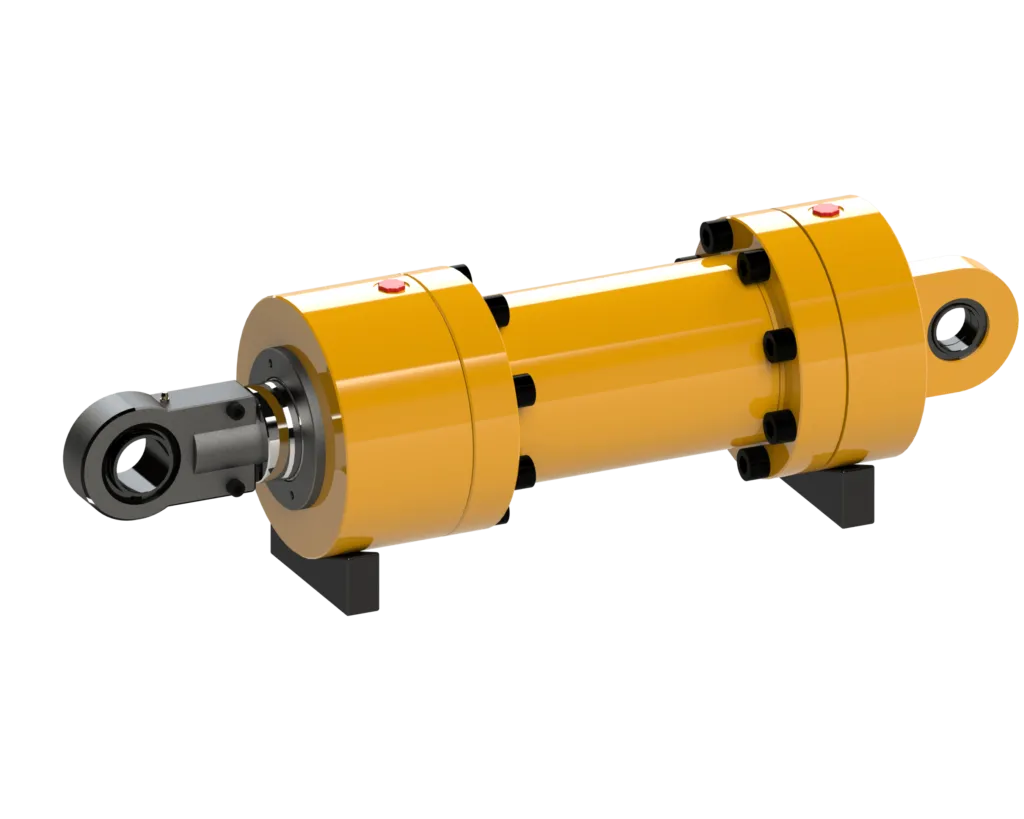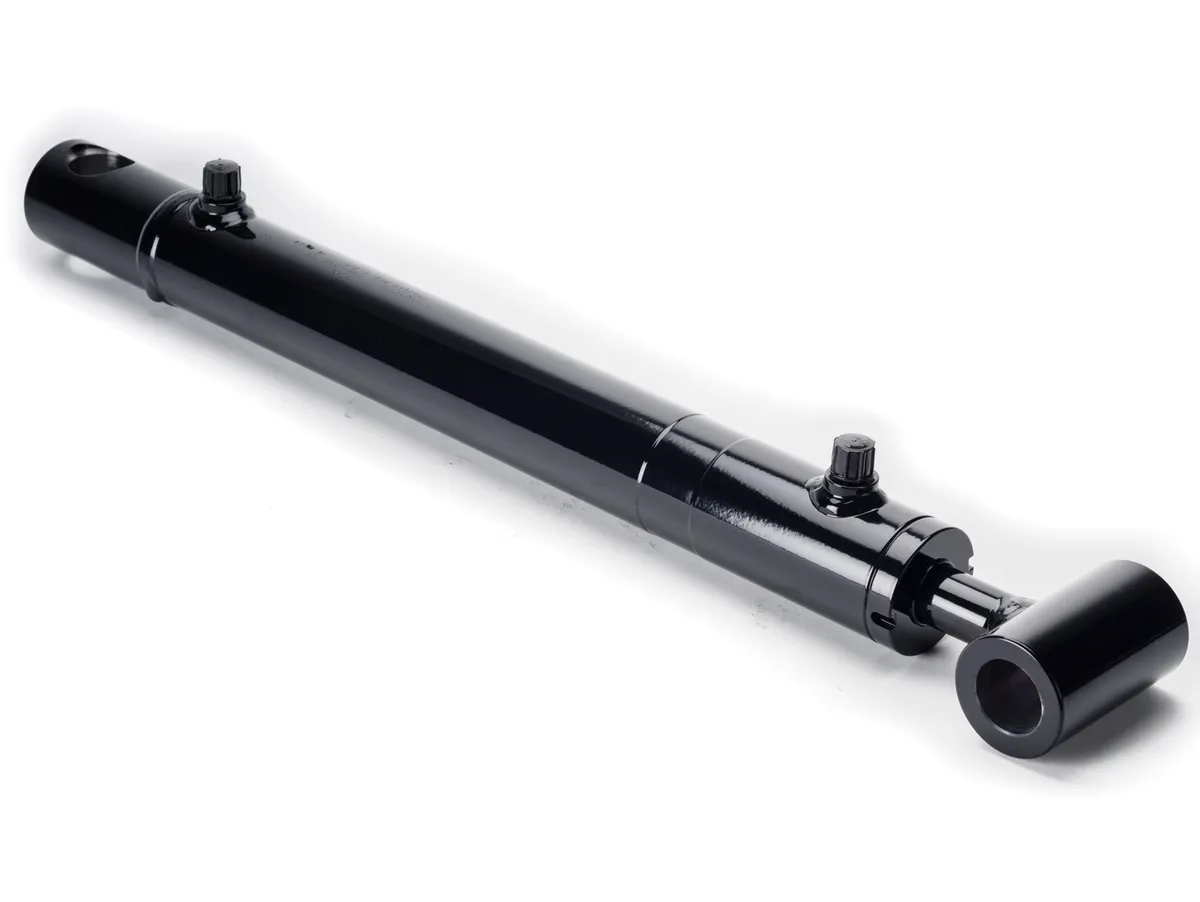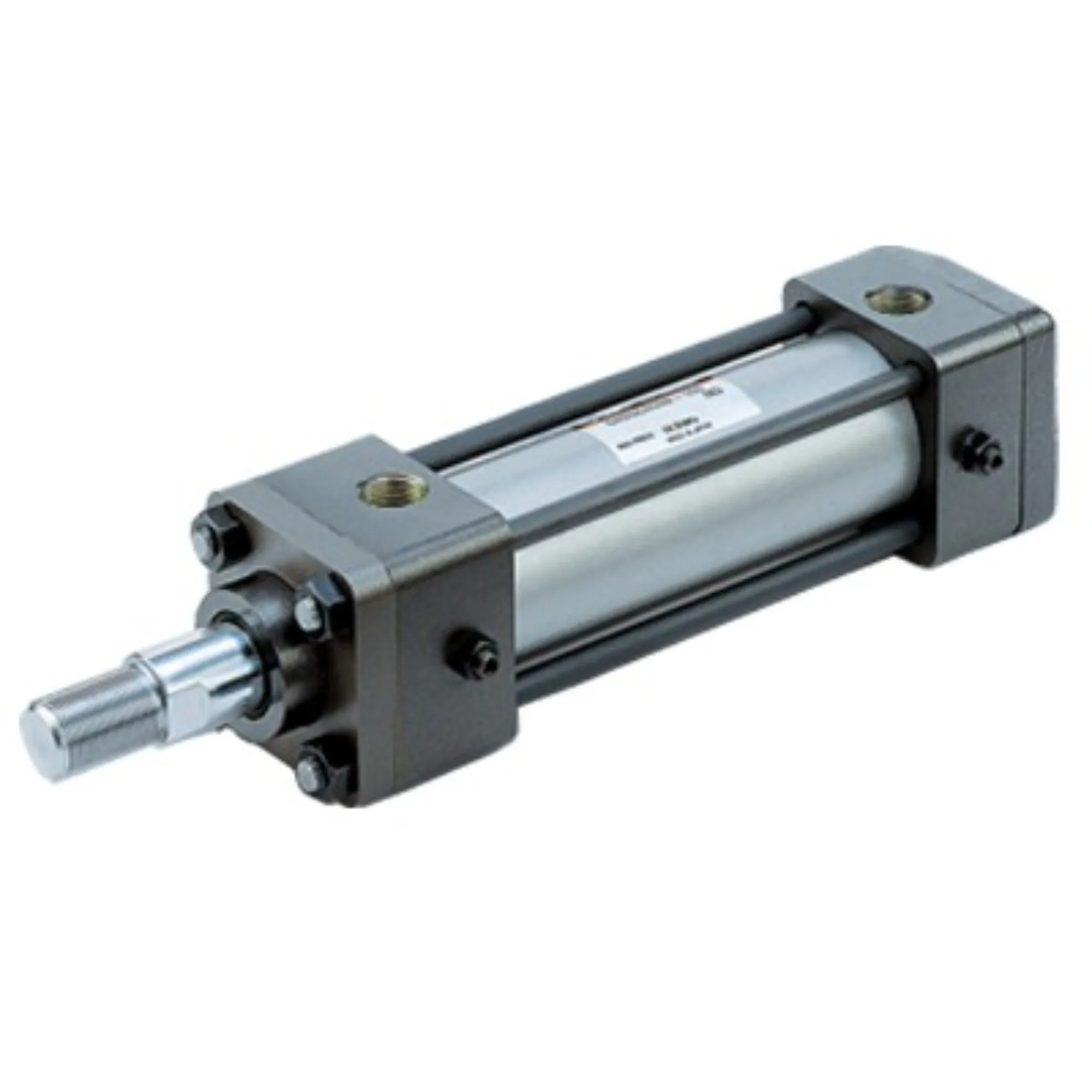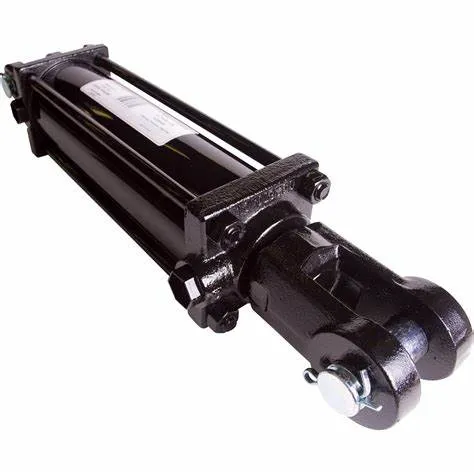
Steel Hydraulic Cylinders: Enhancing Mobile Equipment Performance
Introduction
Steel hydraulic cylinders are crucial components in hydraulic systems, providing the force needed for various applications in mobile equipment. These cylinders are designed to withstand high pressures and heavy loads, making them ideal for demanding environments.
Definition and Role
Steel welded hydraulic cylinders are hydraulic actuators that generate linear force through the use of pressurized hydraulic fluid. They play a key role in converting the energy of the fluid into mechanical motion, powering various functions in mobile equipment.
Design and Construction Characteristics
- Welded Process Description: The common welded processes for steel hydraulic cylinders include MIG, TIG, SAW, and laser welding. Each process impacts the final product’s strength, durability, and performance.
- Material Description: Steel hydraulic cylinders can be made from various types of steel, including carbon steel, alloy steel, stainless steel, etc. The choice of material affects the cylinder’s corrosion resistance, thermal conductivity, and processing performance.
Working Principle
The working principle of steel welded hydraulic cylinders involves the transfer of force from the hydraulic fluid to the piston, creating movement and performing the required workload. The sealing system ensures efficient operation, while pressure release mechanisms maintain system stability.
Types and Configurations
Steel welded hydraulic cylinders come in three main types: single-acting, double-acting, and telescopic. Each configuration offers unique advantages and is tailored to specific applications in mobile equipment.
Advantages
- Strength and Durability: Steel hydraulic cylinders are known for their robust construction and long-lasting performance, making them suitable for high-stress applications.
- Cost-Effectiveness: The initial investment in steel welded cylinders is offset by their extended service life and minimal maintenance requirements, resulting in long-term savings.
Performance Characteristics
- Working Pressure: Steel welded hydraulic cylinders operate within a typical pressure range, ensuring reliable performance under varying conditions.
- Durability and Life: These cylinders have a long life expectancy under normal working conditions, providing consistent performance over time.
Applications
Steel welded hydraulic cylinders are widely used in industries such as construction equipment, industrial machinery, agricultural equipment, material handling, military vehicles, aerospace, and marine applications. Their versatility and reliability make them essential components in various machinery and equipment.
Design Considerations
When selecting steel hydraulic cylinders, it’s essential to consider factors such as bearing capacity, sealing effectiveness, durability, safety features, and maintainability. These considerations ensure optimal performance and longevity of the cylinders.
Sealing and Lubrication

Proper sealing and lubrication are critical for the efficient operation of steel welded hydraulic cylinders. Using high-quality seals and lubricants, along with regular maintenance, enhances the cylinders’ performance and extends their service life.

Maintenance and Troubleshooting
Regular inspection, lubrication, and seal replacement are key maintenance tasks for steel hydraulic cylinders. Following proper installation guidelines and addressing common issues promptly can prevent costly repairs and downtime.
Safety Considerations
Ensuring safety measures are in place when using steel welded hydraulic cylinders is essential to prevent accidents and equipment damage. Proper training, maintenance, and adherence to safety protocols are crucial for safe operation.
Fault Diagnosis and Common Problems
Identifying and addressing common issues with steel hydraulic cylinders, such as leaks, seal damage, and piston malfunctions, requires thorough troubleshooting and timely repairs. Understanding potential problems and solutions minimizes downtime and ensures efficient operation.
FAQs
- What welded processes are typically used for steel hydraulic cylinders? Steel hydraulic cylinders are commonly welded using processes such as MIG, TIG, SAW, and laser welding to achieve optimal strength and durability.
- How do steel welded cylinders compare to aluminum welded cylinders in terms of weight and strength? Steel welded cylinders are heavier than aluminum cylinders but offer superior strength and durability, making them ideal for heavy-duty applications.
Long Tail Keywords
- High-Performance Steel Hydraulic Cylinders: Engineered for Mobile Equipment
- Durable Steel Cylinders for Demanding Applications: Designed to Last
Company Overview
Our company is a leading manufacturer and distributor of hydraulic cylinder replacements, offering a comprehensive product line for various industries. With a focus on quality, innovation, and customer satisfaction, we strive to provide cutting-edge solutions for mobile equipment applications.
Author: lyl

